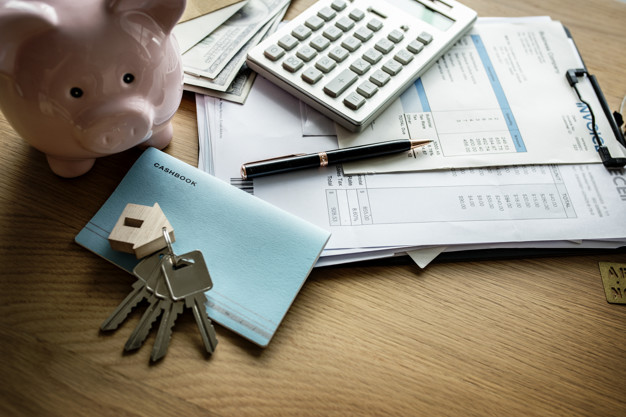As you get older, you start thinking about retirement and if you have enough money to live comfortably afterward. In some cases, people don’t even usually get to decide their retirement age due to health reasons.
Retirement planning is an important process, and part of it is asking questions like “How much super do I need to retire?” or “Is my current lifestyle something I can afford?”. According to the Australian Bureau of Statistics or ABS, the average retirement age is at 65.5 years for men and 65.4 for women.
If you’re someone who’s nearing this age, then you should think about these considerations before you retire or leave your job.
How is your account doing?
Some of the biggest mistakes that people make is not knowing what their superannuation account is worth or where they’re money is invested. This reason is that a lot of people don’t really understand what it is and the advantages of having one.
At the end of the day, it’s money that you’ve earned, and you’ve set aside for retirement. Make sure to check how much you already have in your account so you can plan your retirement correctly. According to experts, you need to have at least $545,000 in your account if you’re single and $640,000 if you’re married to be able to have a comfortable retirement. This amount already covers health insurance coverage, home renovations, activities, and food.
How much money do you need?
You also have to take note that the amount you need will still depend mainly on how your lifestyle will be. Take this example below to find out how much you need to earn to have a modest or comfortable retirement:
- Modest lifestyle
- $27,430 for a single person
- $39,445 for couples
- Comfortable lifestyle
- $42,955 for a single person
- $60,604 for couples
A modest retirement would mean that you still get to enjoy activities like eating out once in a while and go on short trips within the country.
A comfortable lifestyle, on the other hand, will mean that you can go to a lot of recreational activities, get good private health insurance, buy a reasonable car and travel. Taking into account what your lifestyle is will have a great impact on how much money you need to be pouring into your super account.
Where do you wish to live during retirement?
After retiring, the house you’ve lived in for many years may seem dull and boring. Consider where you want to live as this will have an impact on your overall life satisfaction.
An option that’s popular for retirees is downsizing and selling off some of their assets. The reason behind this is because they want simpler things in life. They don’t have kids living with them anymore, and house maintenance cost can be expensive and impossible to do down the line. Additionally, downsizing can actually help you increase your superannuation account.
For example, Australians age 65 and over can make a non-concessional contribution to their superfund account for up to $300,000 from the sale of their primary home. This does not take into consideration of your work status, account balance, and history of contribution. Moreover, for couples, this amount can double up to $600,000.
Downsizing has some significant advantages such as:
- Ability to stay closer to family and friends
- Ability to purchase better health insurance coverage
- Tax benefits
- Affordable cost of living depending on your location
- Ability to put money in other investment opportunities
Are you debt free?
Debt is something that can eat up a lot of your retirement income when not handled properly. Most experts advise that you carry no obligation when you retire or at least 90% as close to debt-free.
Ensure that you’ve already paid off your mortgage, credit cards, and other types of loans that you may have. If you’re planning to retire but still have a lot of payments needed for your mortgage, you may want to reconsider it or making additional payments into it. A debt after your retire can derail your plans of having a comfortable retirement.
Conclusion:
Taking time to ask yourself these considerations will help you get the life you want after retiring. Additionally, it helps to paint a bigger picture of how your life will be moving forward. Being mentally and financially prepared is what is going to help you achieve the life you have always dreamed of.
Read Also:
























